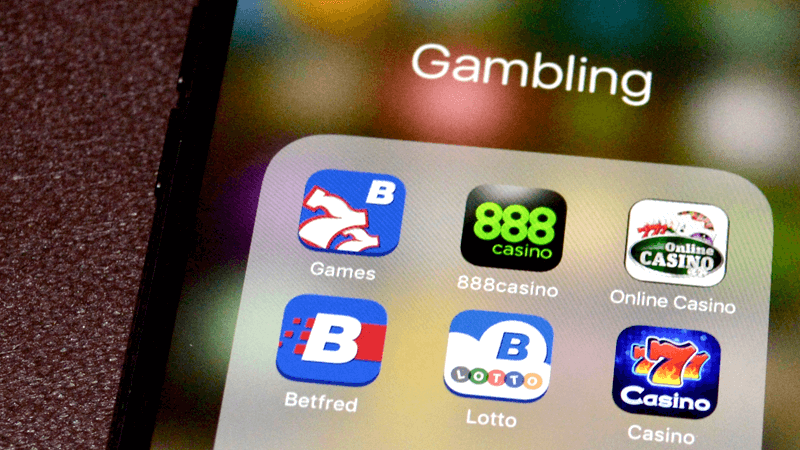The number of remote gambling addicts who have been seen by an NHS clinic has risen rapidly in a four-year period, according to troubling new figures.
The National Problem Gambling Clinic (NPGC) said 63 per cent of its patients struggled with this type of gambling in 2016-2017 compared to 24 per cent in 2012-2013.
According to the latest figures, £4.5 billion is spent on remote gambling per year, accounting for 33 per cent of all gambling revenue.
‘No escape’
Recovering gambling addict Tony Franklin, told the BBC he used to bet thousands of pounds on casino game apps.
“Once you get a gambling account, you can access it from your mobile, from your tablet, anywhere. There’s no escape from it.
“I was sat in a management meeting and I was gambling £1,000 a time on a roulette spin on one number.”
Failure
He called on the Government to “wake up” and ensure that gambling companies check whether or not customers can afford their bets.
“We’ve tried self-regulation since the 2005 Gambling Act. It’s clearly not working; it’s failed.”
The figures were released by the NPGC following a freedom of information request.
Review
In total, 778 betting addicts were referred to the NPGC in 2016-2017, an increase from 632 in 2012-2013.
The Department for Digital, Culture, Media and Sport said the gambling industry needs to do more to protect people.
It also said: “We are currently undertaking a review of the gambling sector that includes looking at social responsibility measures across the industry, including protections around gambling advertising.”
Record fine
In August, a record fine of nearly £8 million was handed to an online bookmaker that failed to block users who wanted to stop gambling.
888 UK Limited allowed 7,000 customers to continue gambling on online bingo, despite having voluntarily banned themselves from other betting platforms.
It also failed to recognise the troubling signs of one customer who staked over £1 million over a 13 month period.
The Gambling Commission fined the company around £7.8 million for the two errors.

